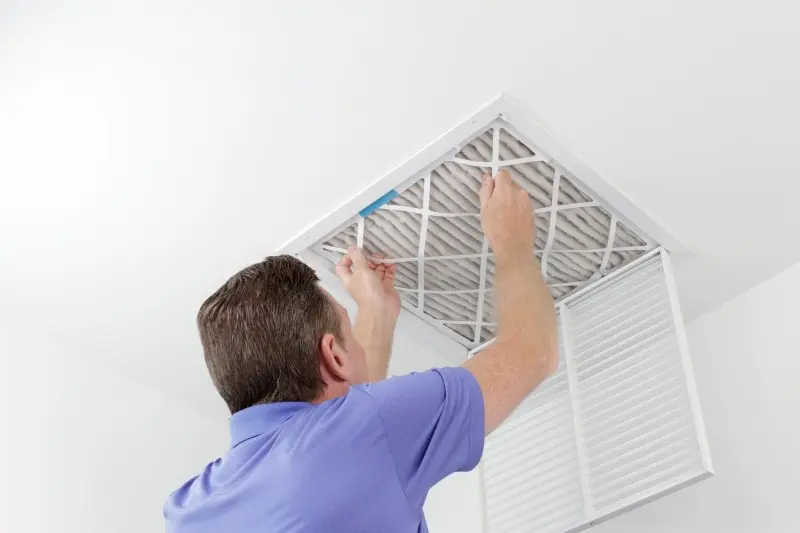
How Often Should You Change Your Air Filter?
The practice of changing the air filter is essential to perform, ensuring clean air circulates throughout the house. Moreover, a clean air filter ensures a smooth and optimal operation of your house’s HVAC unit. The number of times you should change your air filter can help you save money on your electricity bills and avoid other expensive repairs or replacements. The air filter replacement depends on various factors. A professional air conditioning company in Sacramento can also assist with whether your air filter needs repair or replacement by deeply inspecting the system. This article will let you know the factors affecting the air filter replacement and why it is substantial to change your filter.
Why is it necessary to change the air filter?
An uncleaned air filter makes the working of your HVAC system harder, leading to more breakdowns. The replacement of the air filter is one of the quick and painless processes. However, many homeowners are unaware of how often they should change their air filters, leaving them vulnerable to damage. Your air filter is responsible for trapping various dust particles, pet hair, and other irritating particles, enabling your air conditioning to deliver fresh, clean air throughout the house. Consequently, if this accumulated dust and debris aren’t removed from the air filter, it will travel to the HVAC unit, leading to:
High Energy Bills:
When dust or debris clogs the HVAC unit, the system has to work harder to draw air through to cool or heat the room. Eventually, it causes the HVAC unit to run for a prolonged time, leading to high electricity bills.
Health Concerns:
Improper working of air filters can cause the dust and dirt to circulate in the house, leading to allergies and respiratory illness.
System Failure:
When the HVAC system has to work harder to draw air through a clogged filter, it puts consistent strain on the unit, causing it to break. Ultimately, you have to pay hefty amounts for expensive air conditioning repair in Sacramento.
Factors Affecting the Replacement of Air Filters?
Generally, an air filter needs replacement every three months. However, numerous factors are there to consider while determining the replacement of air filters.
Type of Air Filter:
The quality of air filter plays a significant role in longevity and effectiveness. Lower quality fiberglass filters are affordable, but they have poor durability and need replacement every month. High-quality filters such as pleated air filters are most effective in trapping particles and last for over two months.
Pets:
If you are a pet owner, you might need to change your air filter every two months.
Allergies:
If any of your family members are allergic to dust or dirt, consider changing your air filter every 50 days, as even the minutest dust in the air can trigger the reaction.
Children:
Children can easily be affected by dust or dirt. Hence, it is imperative to keep the indoor air quality high by replacing the air filter every two months.
Home Use:
If you use your HVAC system daily, your air filter might need more frequent replacement than a vacation home that doesn’t filter air regularly. Replace the air filters every six to 12 months if your home’s HVAC system runs a few times a year.
Besides these factors, you should visually inspect your air filter every month to check the accumulation of particles. You may call the professionals to do an inspection instead of checking it yourself. Relying on experts for performing the big tasks is always beneficial, as they possess the appropriate knowledge to carry out the work. Whether you need assistance with heater repair in Sacramento or general HVAC service, hiring professionals will be worthwhile and allows you to focus on the things that matter a lot.

